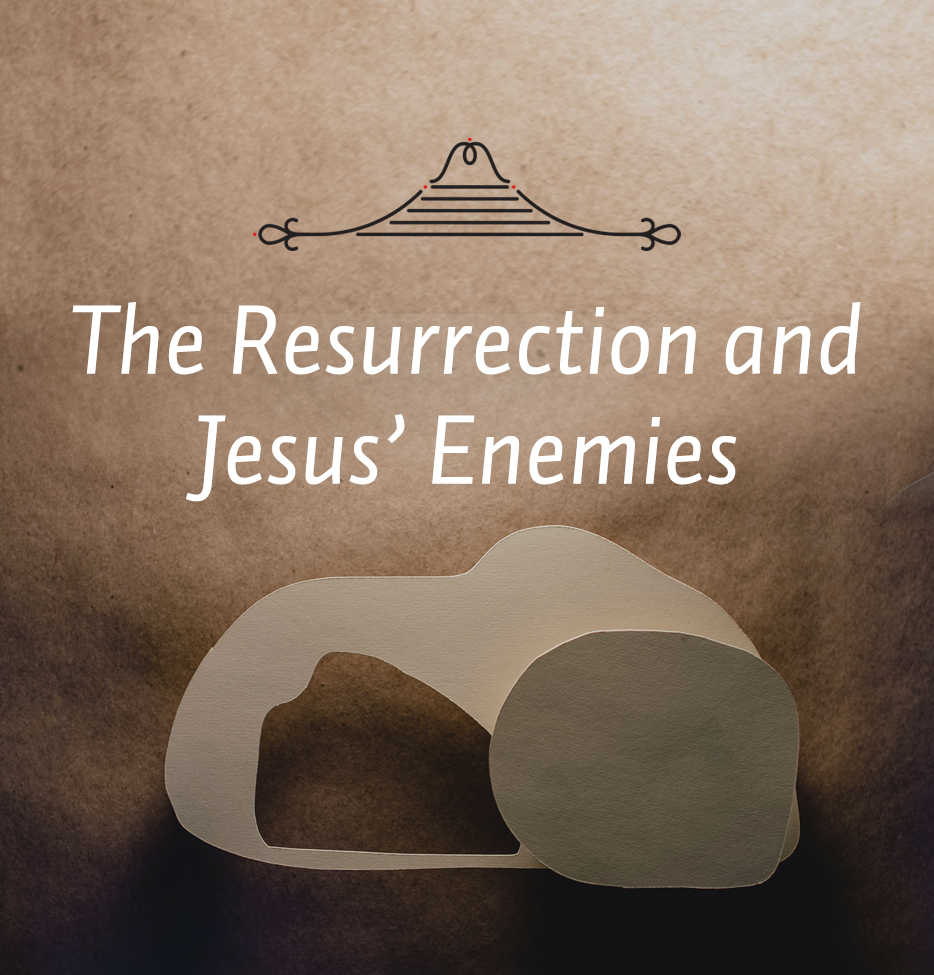Renewing our minds begins with understanding and applying the great Christian doctrines, and thus far we have at least touched on four of them: the doctrines of God, revelation, man and the fall. These doctrines are not exhaustive, but they are important as well as being a proper starting place for our thinking if we are serious about what Paul is urging upon us in our text from Romans, to “be transformed by the renewing of your mind.”
But I need to mention one other doctrine without which nothing we’ve studied in the past two weeks about mind renewal would be complete, and that is the doctrine of redemption.
The doctrine of redemption—the fact that “God so loved the world that he gave his one and only Son, that whoever believes in him shall not perish but have eternal life” (John 3:16)—infinitely intensifies man’s value, because it teaches that even in his fallen condition in which he hates God and kills his fellow creatures, man is still so valuable to God that God planned for and carried out the death of His own precious Son to save him.
At the same time, the doctrine of redemption teaches that man’s state is indescribably dreadful, because it took nothing less than the death of the very Son of God to accomplish it.
I want to close by referring again to “The Weight of Glory.”1 C.S. Lewis begins by probing for the meaning of glory, recognizing that it is something of the very essence of God which we desire. It is something “no natural happiness will satisfy.”2 At the same time it is also something from which we, in our sinful state, have been shut out. We want it. We sense that we are destined for it. But glory is beyond us―apart from what God has done to save us and make us like Himself.
At the end of the essay, Lewis applies this to how we should learn to think about other people. We should understand that they are either going to be brought into glory, which is a supreme and indescribable blessing, or else they are going to be shut out from it forever. “You have never talked to a mere mortal. Nations, cultures, arts, civilizations— these are mortal, and their life is to ours as the life of a gnat. But it is immortals whom we joke with, work with, marry, snub, and exploit— immortal horrors or everlasting splendors.”3
What Lewis was doing in that essay was helping us to develop a Christian mind about other people, and his bottom line was that we will treat others better if we learn to think of them in these terms.
1C.S. Lewis, “The Weight of Glory” in The Weight of Glory and Other Addresses (New York: Macmillan/Collier Books, 1980).
2Ibid., 8.
3Ibid., 18-19.






